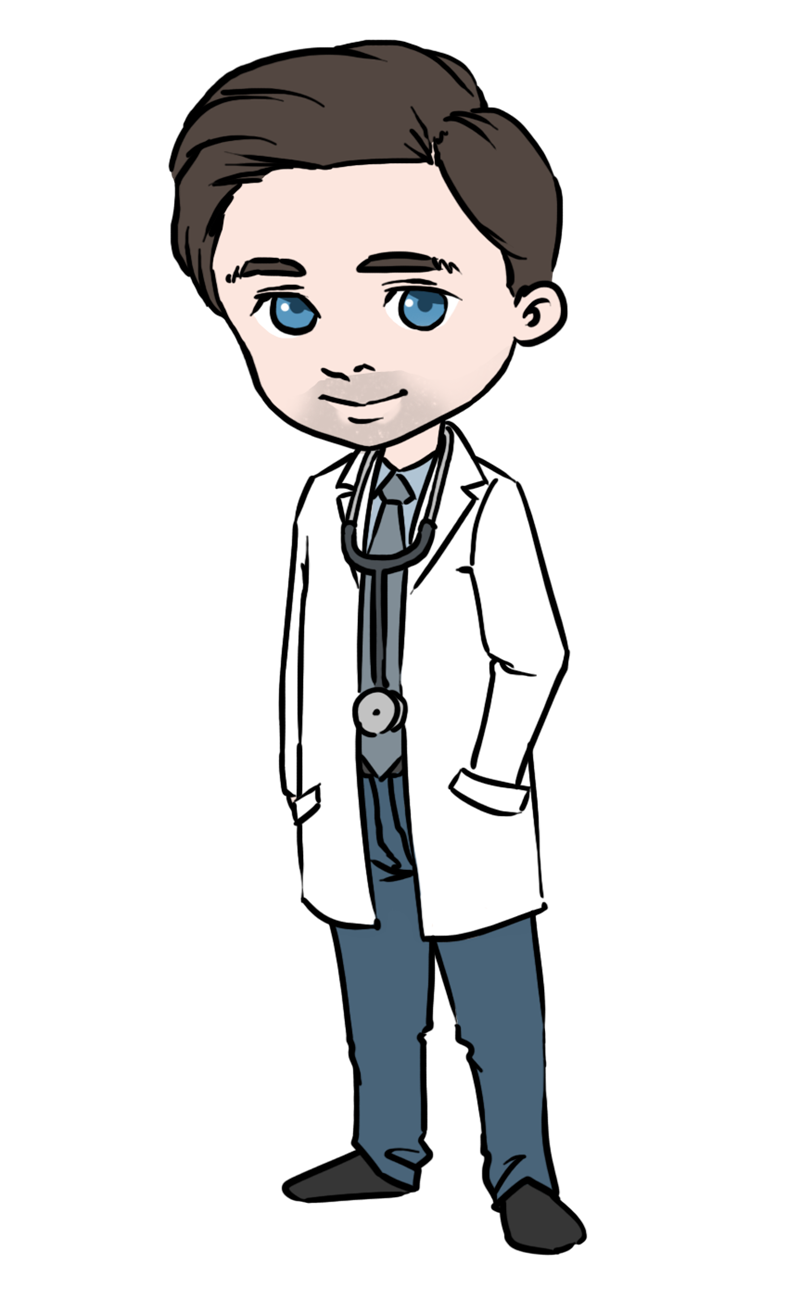|
Is Your Healthcare Provider Certified? By Pierre Mouchette | Bits-n-Pieces It is essential to research your healthcare providers to know the level of care and whether it satisfies specific medical standards. In doing this research, you will notice that many practitioners are board-certified, but what exactly does that mean?
Essentially, it tells you that the healthcare provider has met the requirements of a recognized medical board for certification. This is a significant step beyond obtaining a medical license, and it is crucial that you understand its significance. Verify State Credentials If this your first visit, you may want to verify licensing. Every state in the U.S. makes its medical licensing information public, and most states also include board memberships in their information about the physician. Additionally, most of these sites do not require you to register to use their sites. The Difference Between Licensed and Board-Certified Each state in the U.S. has a healthcare licensing system in place. To practice in that state, the healthcare provider must be licensed. Requirements for licensure vary, but those requirements are not as stringent as those for certification boards. Most practicing healthcare providers in the U.S. are board-certified. While being board-certified guarantees that the medical practitioner has fulfilled a minimum competency requirement, the same cannot be said for those who are not board-certified. What Difference Does it Make if My Doctor is Not Board Certified? To practice medicine a doctor must be licensed. But, a medical licensure is not the same as a separate and voluntary professional standard for board certification. This means it is possible for a legally practicing, fully licensed doctor to lack board certification. What Is Board Certification? Board certification demonstrates exceptional competency in a specific medical field. In other words, a certified specialist. For 2022 the American Board of Medical Specialties comprises 24 Member Boards representing 40 different specialty boards and 88 subspecialties offered by the American Board of Medical Specialties (ABMS). ABMS Member Board certification is regarded as the ‘gold standard for medical certification’ in the United States. Such prestigious bodies routinely review certification status as a Joint Commission, the National Committee for Quality Assurance (NCQA), and the Utilization Review Accreditation Commission (URAC). Doctors must meet the following requirements to become certified by an ABMS Member Board:
Because doctors go through a continuous cycle of certification, then re-certification, it is possible that a doctor may not be listed on the boards certification website. If you cannot find your doctor's name where you expect to see it, call the board and inquire. Note: once a doctor has received their initial certification, they may elect to continue with the ABMS Program for MOC (Maintenance of Certification). Osteopathic doctors (DOs) - may be members of another well-respected group of numerous boards which are a part of the American Osteopathic Association (AOA). Osteopathic specialists must meet minimum requirements which are similar in scope to the needs of the ABMS. Some osteopaths join ABMS boards in place of their corresponding AOA board. The third organization of boards accepts both MDs and DOs into its member boards. The American Board of Physician Specialties (ABPS) comprises separate boards as well. It has a credentialing process no less rigorous than the other two. Note: some boards and certifications do not subscribe to those competencies for various reasons, and they are not members of either organization. And other boards have a set of criteria that may or may not be equal to but have decided not to join the ABMS or AOA. (examples are the American Board of Facial and Plastic Reconstructive Surgery (ABFPRS) and the American Board of Urgent Care Medicine (ABUCM). In this situation, you will need to further look into (investigate) the specific board to make the judgment on your own. FYI: You may see certificates on the wall of a healthcare provider, or you may find notations of certifications on a practitioner's resume or website. Do not confuse these certificates with board certifications. In some instances, those certificates are earned by attending a weekend workshop or other means to say they are "certified." This is not the same as being board-certified. Acronyms Some physicians include the acronyms of the board(s) they belong to after their names on their business practice, business cards, letterhead, prescription pads, and other materials. This may identify the board(s) the doctor may belong to. Even so, a prudent patient will always double-check, because printed materials are often many years old, and signage may never get changed. Comments are closed.
|
Archives
May 2024
|
